The steel sector, which brought 22 billion 246 million dollars of foreign currency to Turkey in 2021, will increase in exports to 21 billion 62 million dollars in 2022 and 14 billion 877 thousand dollars in 2023 due to the increase in energy, raw material and labor costs, quotas, protectionist measures and the fact that exchange rates do not increase at the rate of inflation. declined.
Stating that the Turkish steel industry has lost its competitiveness due to the increase in production costs, especially with the impact of high energy, labor and other inputs, Aegean Exporters' Associations Deputy Coordinator and Aegean Iron and Non-Ferrous Metals Exporters' Association Chairman Yalçın Ertan stated that the Turkish steel industry's capacity utilization in production at the beginning of 2022, He wanted the factors that prevent their competitiveness to be eliminated in order to regain their strength in exports in 2021.
Speaking at the "Economic Evaluation Meeting" organized by the Aegean Iron and Non-Ferrous Metals Exporters' Association, Ertan said, "Our steel industry suffered a loss of 7 billion dollars in exports in 2023. The main factors underlying this loss are high production costs and the fact that the exchange rate is suppressed and does not increase at the rate of inflation. Significant subsidies on energy inputs to the steel industry in our competitors, the European Union countries, the higher levels of our energy costs compared to the Far East, and the increases in the costs of other inputs, cause our industry to fall behind in price competition. "What we want from the government is to provide an environment where we can regain our competitiveness," he said.
Our market share in exports to the EU decreased from 45 percent to 33 percent
Providing information about the export performance of the sector, President Ertan continued his words as follows; “As a sector, the market share of our exports to the European Union dropped from 45 percent to 33 percent. As a result, the utilization rate of our liquid steel production capacity, which is 60 million tons today, decreased from 78-80 percent to 53-55 percent. In order for production and exports to be carried out properly, the interest/exchange rate/inflation balance must be established well, and exchange rates must increase at the rate of real inflation instead of being suppressed. Despite our scarce foreign currency, it is more important to encourage production and aim to increase exports with competitive production rather than taming inflation with imports. Although the iron, steel and non-ferrous metals sector is one of the locomotive sectors of the country's exports, after a long time our country has become a net importer of iron and steel. This situation stands out as another factor that negatively affects our competitiveness.”
EDDMİB differentiated positively from Turkey in 2023
Underlining that exports are one of the primary conditions for development and reducing the current account deficit, Yalçın Ertan, President of the Aegean Iron and Non-Ferrous Metals Exporters Association, said: “As the Aegean Iron and Non-Ferrous Metals Exporters Association, we represent the Aegean Region of our sector. Our Association, which was established in 1997, has held the title of the union with the most exports among the Exporters' Associations in our region since 2018. Through our union, we achieved an export of 2 billion 564 million dollars in 2022 and 2 billion 515 million dollars in 2023, thus distinguishing ourselves somewhat positively from the rest of Turkey. "Our member companies' production of more value-added products was effective in this positive differentiation," he said.
A climate in which we can invest must be created
Emphasizing that the steel industry produces with 70 percent imported raw material input, EDDMİB President Ertan said; We have a constant need for foreign exchange in the iron-steel and non-ferrous metals sector. In addition, for the future of our sector, in order to create an environment where we can focus on value-added product investments and to ensure the healthy progress of the Border Carbon Regulation Mechanism harmonization studies, which are closely related to our sector, we need to focus more on renewable energy sources, easy access to financial resources and support by subsidizing them, as in European countries, is an important aspect of our sector. "It has become an agenda item."
In order to create their future targets and strategies, in addition to the developments specific to the steel industry, global and national developments such as the Russia-Ukraine and Israel-Palestine wars, global high inflation and recession, high interest rates, the decline in global iron and steel demand, the slowdown of the construction sector and protectionist measures are needed. Stating that it is essential to carefully analyze other regional developments, President Ertan said that the export performance of the steel, iron and non-ferrous metals sectors in the first quarter of 2024 was 6 billion 308 million dollars between January 1 and March 24, 2024, and that it is horizontal compared to the same period of 2023. He added that he was watching the trend.
At the "Economic Evaluation Meeting" organized by the Aegean Iron and Non-Ferrous Metals Exporters Association, moderated by Hakan Güldağ, Chairman of the Board of Directors of What Kind of an Economy Newspaper; Former Minister of State Prof. Dr. Işın Çelebi, Economist Ali Ağaoğlu and Finance Advisor Nilüfer Arıak shared their views on current developments in the Turkish and world economy with EDDMİB members.
Çelebi: “I do not agree with the statement that there is no connection between the exchange rate and the increase in exports”
Former Minister of State Prof. stated that he did not agree with the statement that "The main determinant of exports is foreign demand and the exchange rate does not have a significant effect." Dr. Işın Çelebi said, “There is a logic of reducing inflation by suppressing the exchange rate. He put forward the view that "the exchange rate does not have a role in increasing exports; exports are determined by the demands of importing countries abroad." This made me extremely uncomfortable. If what they say is true, countries such as China, Germany, Japan and South Korea should not have progressed with exports. While these countries are trying to get a larger share of world trade, we do not have such a problem, we will export as much as labor-intensive anyway, but the idea is that we do not need to export more. It is not possible for a country to industrialize and develop unless it increases its exports, its level of competition in the international arena, and its productivity and efficiency. With this logic, we have been fighting inflation for 300 days and the point we have reached is obvious. "Inflation at the end of 2023 is 64.7 percent. This means that we are not successful enough in the fight against inflation," he said.
100 billion dollars of foreign investment is required in 5 years for inflation to decrease
Çelebi summarized what needs to be done to reduce inflation as follows; “They are trying to keep the exchange rate constant and reduce inflation. If it continues like this, we will see that this will not happen in December. If Turkey's export-import coverage ratio approaches 90 percent, if it increases its share in world trade from 1 to 2 percent, and if it attracts foreign capital of more than 20 billion dollars for 5 consecutive years, then it can reduce inflation. Since 2004, there has been 100 billion dollars of foreign capital investment in Turkey in 5 years, and we reduced inflation to 5 percent at that time. “We need to have a similar 5 years.”
Pointing out that the closure of the State Planning Organization was a wrong decision, Çelebi said, “Wrong construction was made with the wrong model. Unfortunately, the State Planning Organization was closed. When that institution that made long-term macro plans for our country was closed, today the Central Bank has a job. They are trying to put themselves in the place of the planning organization, but their plans cannot exceed 90 days. The European Union allocated 20 billion dollars of incentives to the iron and steel industry, but not a single company has started to invest in accordance with the 5 criteria put forward by the Incentive Department of the Ministry of Industry and Technology. Banks have turned down their credit taps. How does Turkey grow in this structure? It grew by 4.5 percent. "There is a contraction in agriculture, food prices are increasing, people are entering meat queues at 04:00 in the morning," he said.
Sharing his views on Turkey's 36 percent inflation target for the end of 2024, Çelebi said, “Inflation in the first two months of 2024 exceeded 11 percent. We will implement a tightened monetary policy after May. "While we say we will reduce inflation on one hand, we should not overwhelm low-income citizens on the other hand. This needs to be done in a balanced way," he concluded.
Arıak: “CBRT increased interest rates to keep the exchange rate at 32-33 TL before the election”
Economist Nilüfer Arıak stated that the underlying reason why the CBRT increased the policy rate by 500 basis points was that the CBRT's reserves gave an alarm, and that such a step was taken to keep the exchange rate at 32-33 TL before the election.
Underlining that Turkey cannot meet its foreign exchange reserves with export revenues such as those from China, Japan, Germany, South Korea and the Netherlands, Arıak said, “We increase our reserves by borrowing. We were in minus reserve. This trend will continue as citizens rush to gold and dollars. Citizen's demand will increase the exchange rate to 40 TL. One of the reasons for the decrease in the current account deficit is the restriction on gold imports. This restriction reduced the current account deficit by 7 billion dollars. We make our production by importing raw materials. There was also the decline in natural gas and oil prices. The decline in oil and natural gas reduced the current account deficit by 20 billion dollars. These were the important factors that reduced the current account deficit, but these are variable factors. The current account deficit balance will change. There is a forecast for the import-export ratio to be 75 percent for next year. The root of South Korea's success is high-tech product exports. "While their high technology exports are 49.8 percent, Turkey's is around 2.5-3 percent," he said.
11.5 billion EUR was allocated from the EU for green transformation
Stating that "Our businesses will fend for themselves by breaking away from macroeconomics", Arıak continued: "Within these uncertainties and unknowns, your goal should be to increase competitiveness by increasing productivity and reducing costs as much as possible. There are other problems in our sectors such as iron and steel, cement, fertilizer, chemistry and agriculture. The resources allocated by the EU were mentioned. We see China as the country that emits the most carbon, but extraordinary and rapid measures are being taken there. They are giving up coal-based production and switching to electric and bioenergy-based production models. Their goal is 0 carbon in the steel industry in 2040 and 2053, and they are making the necessary investments for this. A highly planned economy. Our exporters need to leave the agenda and consider themselves as a company that produces in the EU. All the funds currently coming to Turkey are on this subject. This is positive. 11.5 billion Euros are coming to Turkey for this transformation. Steel was set as a high priority target. This resource will be given to you. It will be distributed by banks. “Every company needs to get this resource if it is going to continue production.”
Ali Ağaoğlu; “The most fundamental problem of the economy is trust”
Underlining that the most fundamental problem of the economy is trust, Economist Ali Ağaoğlu said, “Trust is the beginning of everything. We also misunderstand trust. We have a problem with common values, the biggest economic problem is that our data and the economy have no honor. "We don't know the real inflation, we don't know the unemployment," he said.
Emphasizing that we need to develop an inclusive model to be successful in the economy, Ağaoğlu said, “South Korea is one of the most inclusive countries in the world. As long as we are not an inclusive country, our job is difficult. In South Korea, the first requirement for graduating from university in 2002 was knowing English. In 2020, the first requirement for entering university changed to knowing English. They identify 3 sectors in the 10-year plan, and before starting to provide support for these 3 sectors, they train human resources for this sector. Unless we make such a radical change, we will argue a lot. "In order for Turkey to export 100 dollars, it needs to import 72 dollars," he said.
At the "Economic Evaluation Meeting" organized by the Aegean Iron and Non-Ferrous Metals Exporters' Association; Aegean Exporters' Associations Coordinator President Jak Eskinazi, Türk Eximbank Past General Manager Adnan Yıldırım, Aegean Customs and Foreign Trade Regional Manager M. Enver Kök, Aegean Ready-made Clothing and Apparel Exporters' Association President Burak Sertbaş, Aegean Iron and Non-Ferrous Metals Exporters' Association member exporters attended.


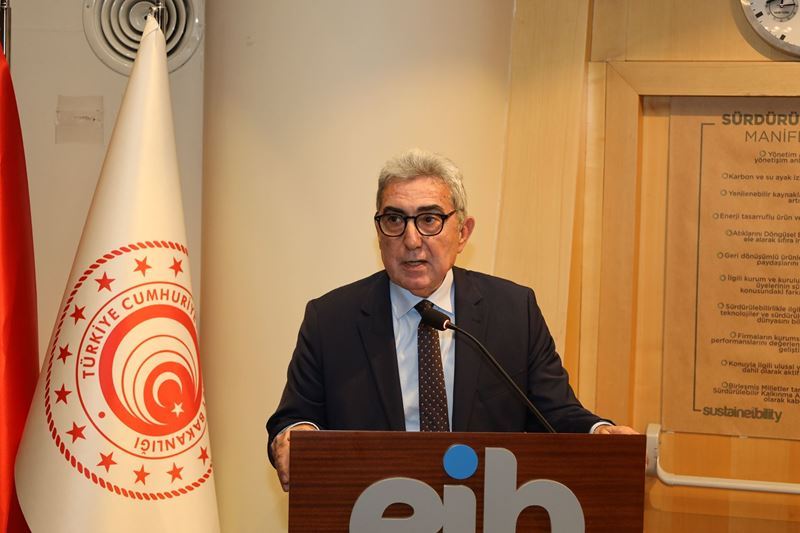
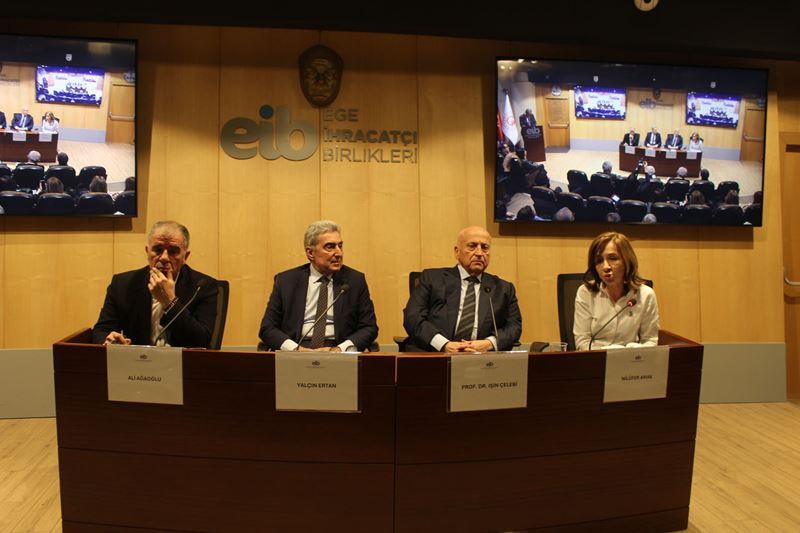
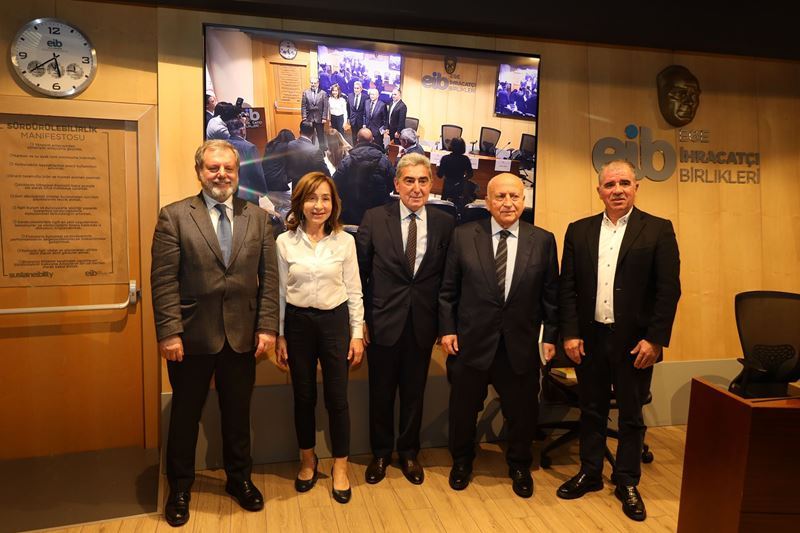
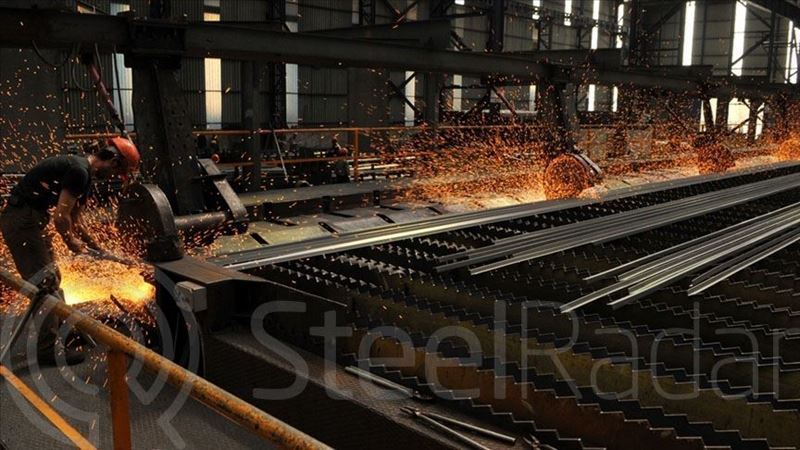
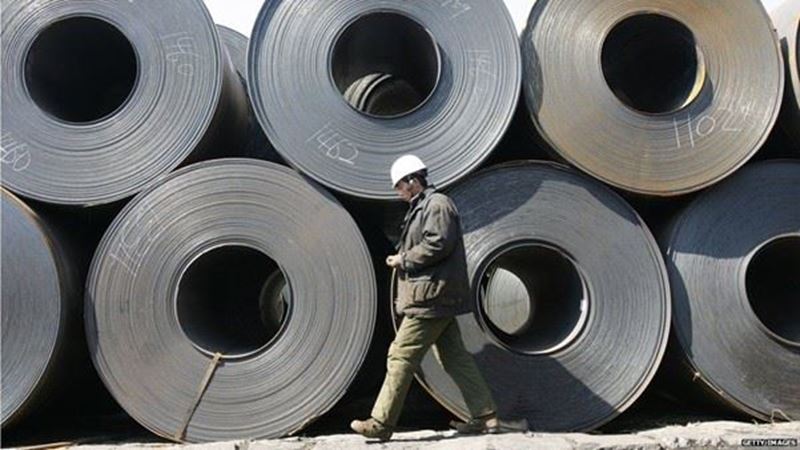
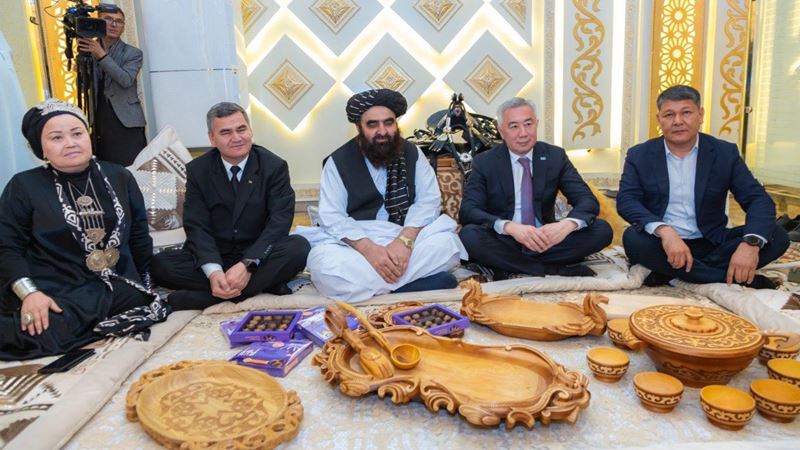
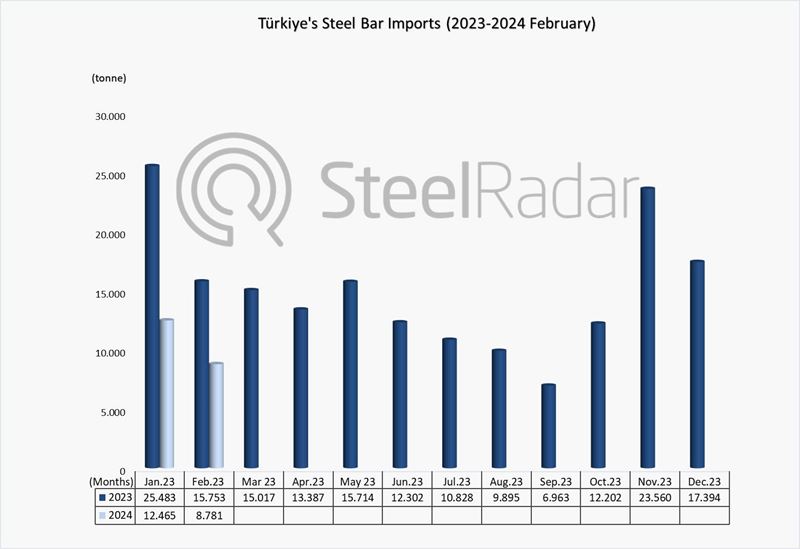
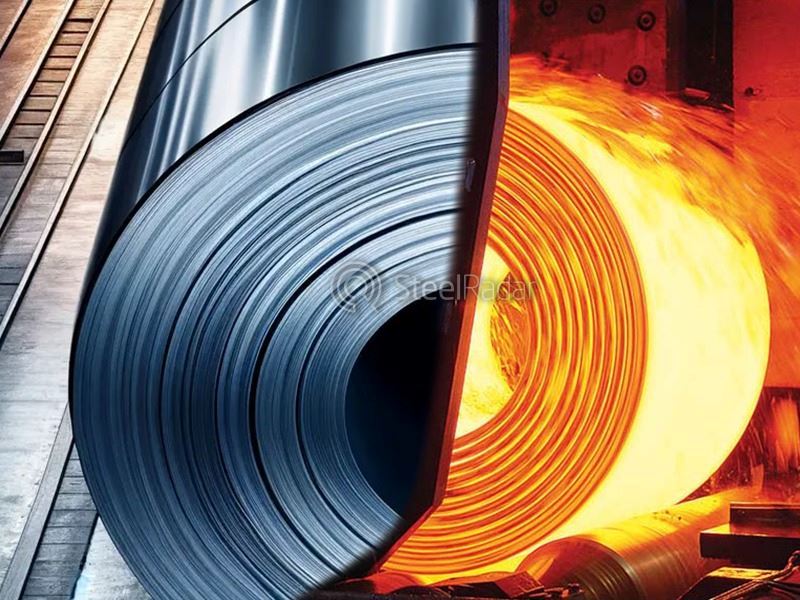

Comments
No comment yet.